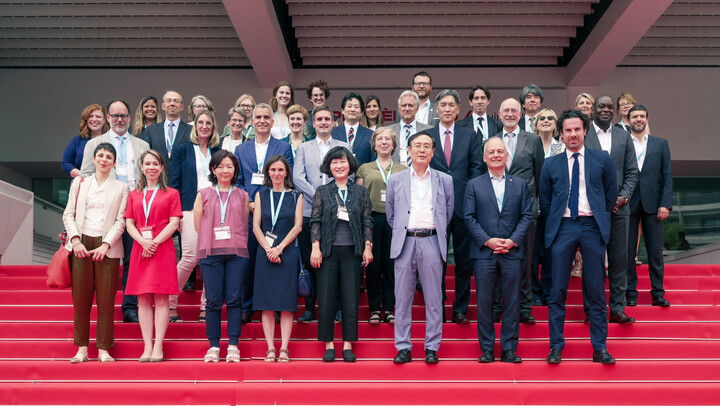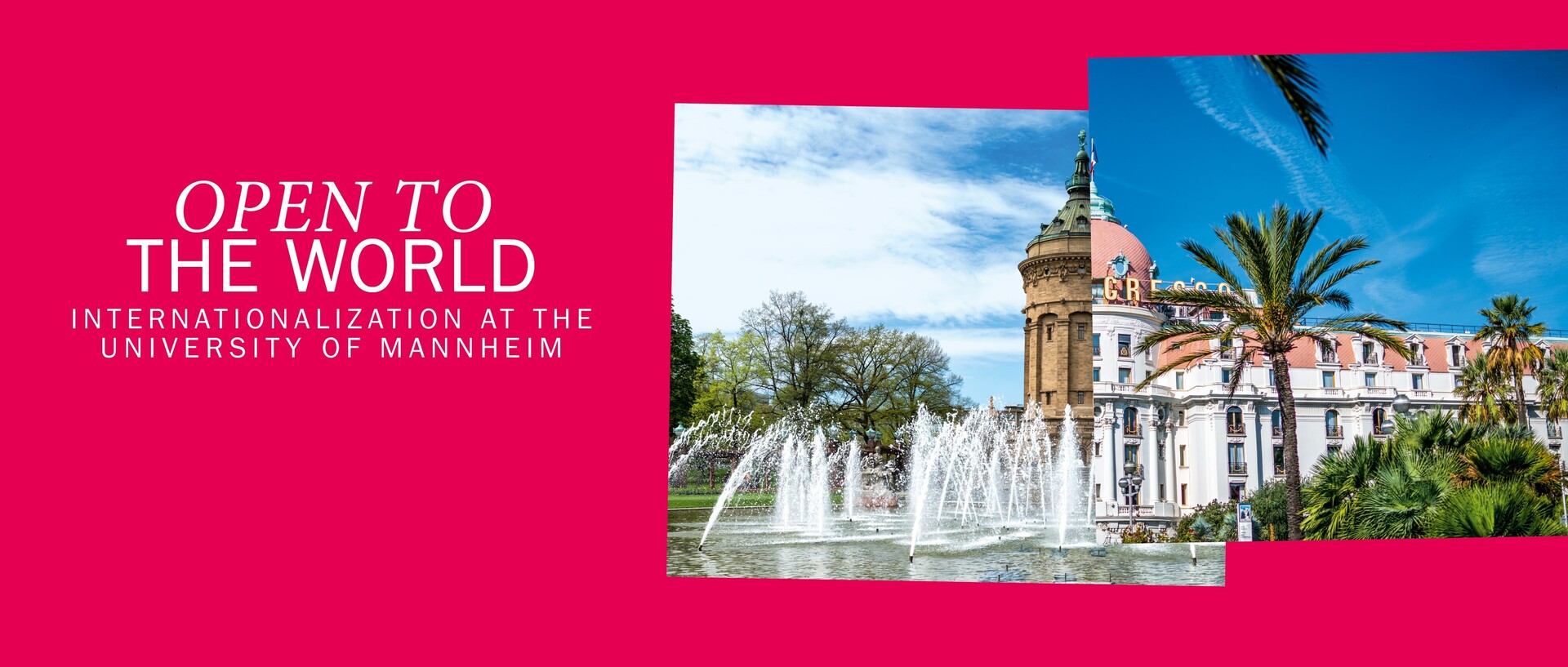University Alliance U7+: Impetus for Action to Address Global Challenges
Climate protection, sustainability, equal opportunities, digitization – when it comes to such global challenges, universities face particular challenges in their role as places of research and education. However, in order to make the greatest possible impact, it is not enough for each university to develop solutions on its own. There needs to be a coordinated, international approach. For this purpose, the U7+ Alliance, which was launched at the initiative of the French university Sciences Po, has been in place since 2019.

The U7+ is an alliance of university presidents from 54 universities from more than 20 countries around the globe – from France, Italy, and Germany to Kenya, Ghana, South Africa, Japan, India, the USA, Australia, and many more. The goal of the international alliance is to advance the role of universities as global actors in a structured way and to provide the heads of government of the G7 countries with important ideas for action. The alliance enables universities to learn from each other and develop best practices.
Once a year, the university presidents meet to set a common agenda and commit to concrete measures to more effectively address global challenges. At the first summit of the U7+ Alliance under the patronage of French President Emmanuel Macron in 2019, the Alliance’s university presidents, including Prof. Thomas Puhl for the University of Mannheim, signed six commitments for action on global challenges at the Elysée Palace in Paris. The challenges included the increasing polarization of societies, participation, climate protection, and technological transformation. These topics are to be increasingly researched at universities to develop solutions. In addition, the university aims to implement best practices on its own campus. In recent years, the University of Mannheim has committed itself to, among other things, furthering the internationalization of the campus, enabling students to participate in courses on climate and sustainability topics, making it easier for socially disadvantaged young people to gain access to university, advancing interdisciplinary research in the fields of energy transition, sustainability and equal opportunities, and doing more to share research results with the interested public. With the Vice President for Sustainability and Information Provision and the Sustainability Working Group, structures have also been created to anchor the topic of sustainability in the long term and to develop a university-wide climate strategy. This year, as part of its meeting in Nice, the U7+ Alliance published a statement in view of the G7 meeting in Elmau. In it, the university presidents urged G7 leaders to strengthen academic freedom and warned that a resurgence of autocracy is compromising the institutional independence of higher education.
President Puhl believes it is important for the University of Mannheim to actively participate in the alliance. “The U7+ University Alliance is very close to my heart. As a university, we have a special responsibility when it comes to addressing global challenges. Exchanging ideas with universities from all over the world and learning from each other is very enriching. At the same time, we address our concerns directly to the G7 heads of government and are thus also active at the political level. As the University of Mannheim, we are proud to have been a part of the U7+ Alliance since its inception in 2019,” said Puhl. At this year’s meeting, Puhl was also elected to a two-year term on the Presidential Steering Committee. The committee, consisting of eight representatives from different member universities, represents the U7+ Alliance externally and proposes thematic priorities.
Text: Saskia Bachner / October 2022
